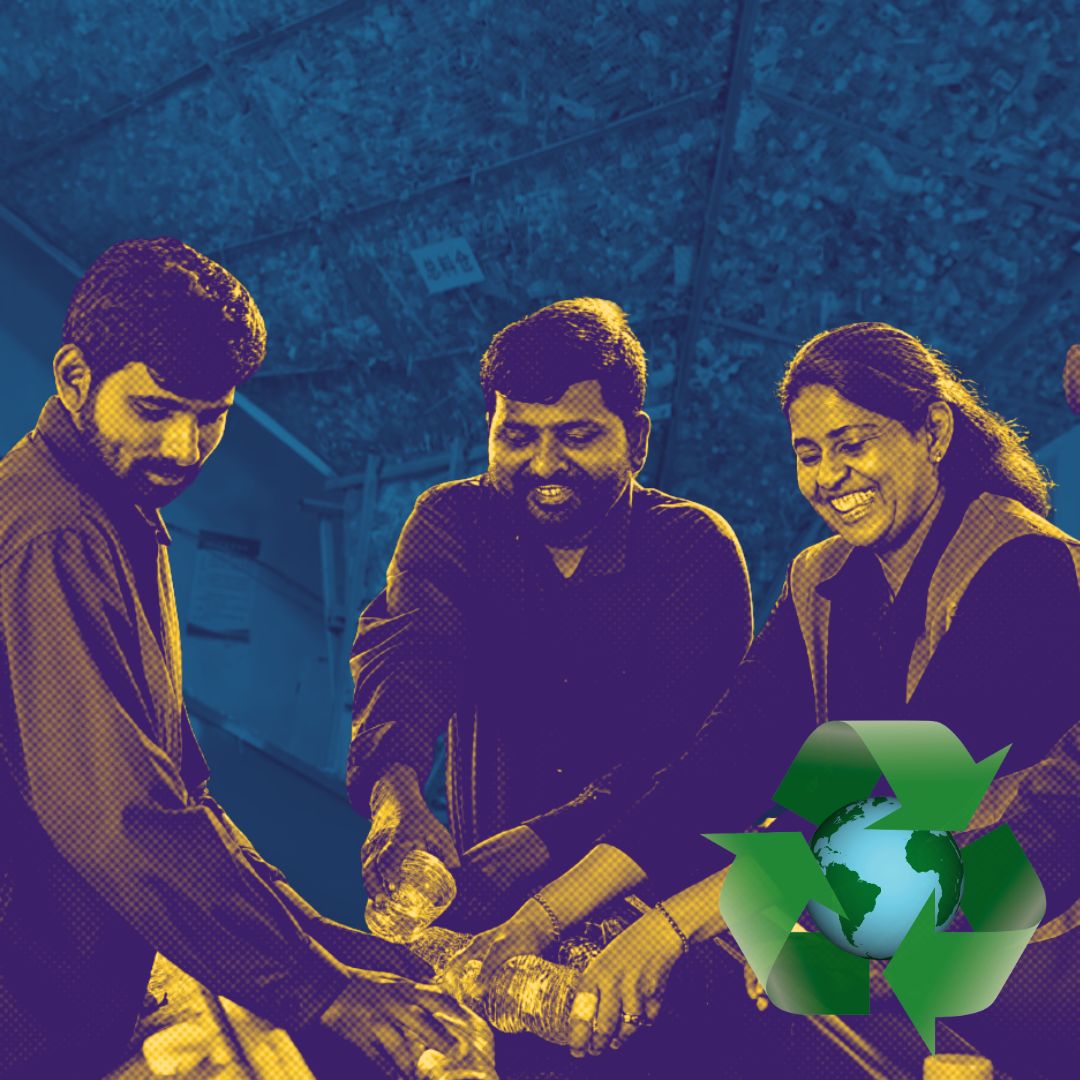The recycling process of plastic bottles and aluminum cans is a fascinating journey that transforms everyday waste into valuable resources. This article explores the intricate steps involved in recycling, highlighting the importance of sustainability and community involvement.
Understanding the Recycling Process
The journey of recycling begins with individuals placing their used plastic bottles and aluminum cans into designated recycling bins. These items are then collected by specialized trucks and transported to recycling facilities. Here, workers meticulously sort the materials, ensuring that only suitable items proceed to the next stages of processing.Once sorted, plastic bottles are compressed into large blocks, while aluminum cans are shredded into smaller pieces. This reduction in size is crucial for efficient processing. The crushed materials undergo washing to remove impurities, preparing them for transformation into new products.The rhythmic motion of conveyor belts within these facilities showcases the efficiency of modern recycling systems. These belts transport materials swiftly from one stage to another, emphasizing the role of technology in waste management.
From Waste to Resource: The Transformation
After washing, plastic pieces are converted into small pellets, which serve as raw materials for manufacturing new products such as containers and clothing. Similarly, aluminum is melted down and shaped into sheets for reuse. This cyclical approach underscores how everyday items can be repurposed, significantly reducing waste in landfills.
The entire process is not just about recycling; it’s about creating a circular economy where products are designed for reuse. As consumers use these new items, they will eventually return them to recycling bins when they reach the end of their life cycle, perpetuating a sustainable system.
The Logical Indian’s Perspective
At The Logical Indian, we believe that understanding and participating in recycling initiatives is essential for fostering a sustainable future. We advocate for peace, dialogue, kindness, empathy, harmony, and coexistence through responsible consumption and environmental stewardship. By engaging communities in recycling efforts, we can collectively contribute to a healthier planet and inspire positive social change.
As we reflect on our consumption habits and their impact on the environment, we invite our readers to consider: How can you contribute to promoting recycling in your community? Share your thoughts and experiences with us!











